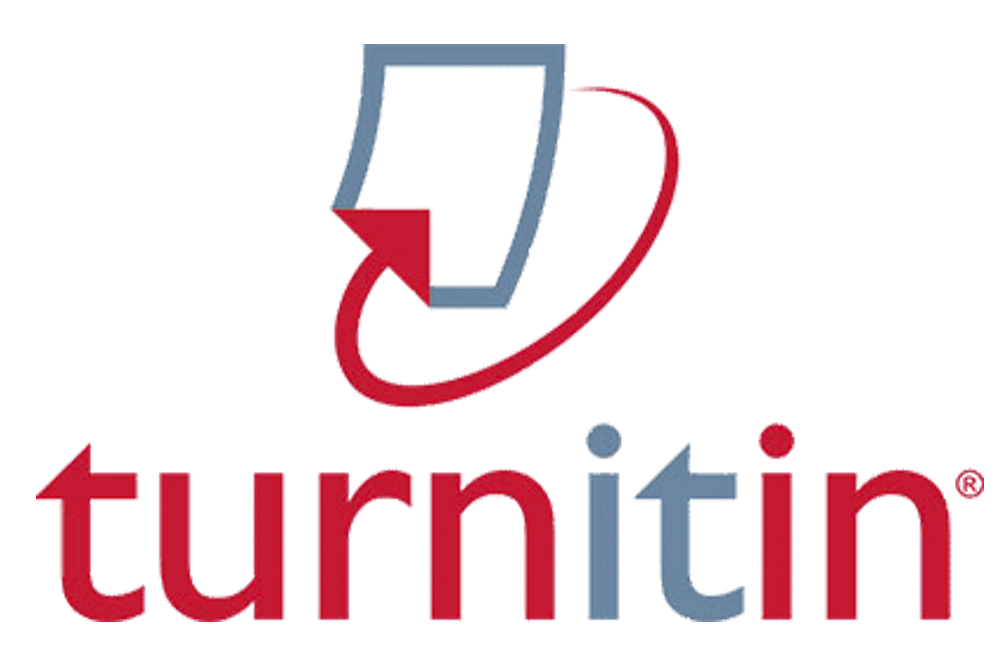THE IMPACT OF AUTHENTIC LEADERSHIP ON EMPLOYEE CREATIVITY MEDIATED BY AFFECTIVE COMMITMENT (STUDY AT PT. UBA UHUD INTERNATIONAL)
Abstract
This study aims to analyze the effect of Authentic Leadership on Employee Creativity with the mediation of Affective Commitment at PT Uba Uhud International in Cilacap. The dependent variable used in this study is Employee Creativity, the independent variable is Authentic Leadership, and uses the mediating variable, namely Affective Commitment. The data collection technique used in this research is a questionnaire. The number of respondents taken in this study were 50 respondents. Purposive sampling method is used in determining respondents. Based on the results of research and data analysis using SPSS linear regression shows that: (1) Authentic Leadership has a positive effect on Employee Creativity, (2) Authentic Leadership has a positive effect on Affective Commitment, (3) Affective commitment has a positive effect on Employee Creativity, (4) Authentic Leadership has a positive effect on Employee Creativity mediated by Affective Commitment. The implication of the above conclusions is that the leadership of PT Uba Uhud is expected to increase knowledge and make considerations in strategies for implementing leadership styles in decision makers and can improve a comfortable work environment to increase employee creativity and to expand the global market for coconut fiber.
Keywords
Full Text:
PDFReferences
Abdullah, Ma’ruf. 2015. “Metode Penelitian Kuantitatif.”
Adriansyah, Ahmad. 2020. “Authentic Leadership, Komitmen Afektif Dan Job Resourcefullness Dalam Membentuk Kreatifitas Dan Kinerja Pegawai Bank Syariah Di Indonesia.” Jurnal Ekonomi, Manajemen dan Perbankan (Journal of Economics, Management and Banking) 5(3): 131. http://journal.ibs.ac.id/index.php/JEMP/article/view/155.
Allen, Natalie J., and John P. Meyer. 1990. “The Measurement and Antecedents of Affective, Continuance and Normative Commitment to the Organization.” Journal of Occupational Psychology 63(1): 1–18.
Ardiansyah, Ilham Maulana, and Nury Ariani Wulansari. 2018. “Menjelaskan Black Box Person-Organization Fit Pada Munculnya Kreativitas Karyawan.” MATRIK: Jurnal Manajemen, Strategi Bisnis dan Kewirausahaan 12(2): 171–82.
Avolio, Bruce J., and William L. Gardner. 2005. “Authentic Leadership Development: Getting to the Root of Positive Forms of Leadership.” Leadership Quarterly 16(3).
Carmeli, Abraham, Roni Reiter-Palmon, and Enbal Ziv. 2010. “Inclusive Leadership and Employee Involvement in Creative Tasks in the Workplace: The Mediating Role of Psychological Safety.” Creativity Research Journal 22(3): 250–60.
Cheung, Millissa F Y, and Chi‐Sum Wong. 2011. “Transformational Leadership, Leader Support, and Employee Creativity.” Leadership & Organization Development Journal 32(7): 656–72.
Cooper, Cecily D., Terri A. Scandura, and Chester A. Schriesheim. 2005. “Looking Forward but Learning from Our Past: Potential Challenges to Developing Authentic Leadership Theory and Authentic Leaders.” Leadership Quarterly 16(3).
Duncan, Phyllis, Mark Green, Esther Gergen, and Wenonah Ecung. 2017. “Authentic Leadership—Is It More than Emotional Intelligence?” Administrative Issues Journal Education Practice and Research 7(2).
Gardner, William L. et al. 2005. “‘Can You See the Real Me?’ A Self-Based Model of Authentic Leader and Follower Development.” Leadership Quarterly 16(3): 343–72.
Jean Jr, C, and Rolyana Ferinia. 2023. “Kreativitas Karyawan Sebagai Variabel Mediasi Antara Motivasi Dan Kinerja Karyawan.” Perspektif: Jurnal Ekonomi dan Manajemen Akademi Bina Sarana Informatika 21(1): 79–89.
Jnaneswar, K, and Gayathri Ranjit. 2022. “Explicating Intrinsic Motivation’s Impact on Job Performance: Employee Creativity as a Mediator.” Journal of Strategy and Management 15(4): 647–64.
Kinicki, Angelo, Robert Kreitner, Knud Sinding, and Christian Waldstrom. 2014. Organisational Behaviour Organisational Behaviour Fifth Edition.
Luxvi, Vivi Novita. 2022. “Pengaruh Kepemimpinan Otentik Terhadap Kreativitas Pegawai Dengan Pemberdayaan Psikologis Sebagai Variabel Medias.”
Matt, Gavin. 2019. “AUTHENTIC LEADERSHIP: WHAT IT IS & WHY IT’S IMPORTANT.” Harvard Business School Online. https://online.hbs.edu/blog/post/authentic-leadership.
May, Douglas R., Adrian Y.L. Chan, Timothy D. Hodges, and Bruce J. Avolio. 2003. “Developing the Moral Component of Authentic Leadership.” Organizational Dynamics 32(3).
Müceldili, Büşra, Haldun Turan, and Oya Erdil. 2013. “The Influence of Authentic Leadership on Creativity and Innovativeness.” Procedia - Social and Behavioral Sciences 99: 673–81.
Perry-Smith, Jill E, and Christina E Shalley. 2014. “A Social Composition View of Team Creativity: The Role of Member Nationality-Heterogeneous Ties Outside of the Team.” Organization Science 25(5): 1434–52.
Ribeiro, Neuza, Ana Patrícia Duarte, Rita Filipe, and Rui Torres de Oliveira. 2020. “How Authentic Leadership Promotes Individual Creativity: The Mediating Role of Affective Commitment.” Journal of Leadership and Organizational Studies 27(2): 189–202.
Robbins, Stephen P, and A. Judge Timothy. 2017. Pearson Organizational Behavior.
Semedo, Ana Suzete Dias, Arnaldo Fernandes Matos Coelho, and Neuza Manuel Pereira Ribeiro. 2016. “Effects of Authentic Leadership, Affective Commitment and Job Resourcefulness on Employees’ Creativity and Individual Performance.” Leadership and Organization Development Journal 37(8).
Shalley, Christina E., Lucy L. Gilson, and Terry C. Blum. 2000. “Matching Creativity Requirements and the Work Environment: Effects on Satisfaction and Intentions to Leave.” Academy of Management Journal 43(2): 215–23.
Tierney, Pamela, Steven M Farmer, and George B Graen. 1999. “An Examination of Leadership and Employee Creativity: The Relevance of Traits and Relationships.” Personnel psychology 52(3): 591–620.
Walumbwa, Fred O. et al. 2008. “Authentic Leadership: Development and Validation of a Theory-Based Measure.” Journal of Management 34(1).
Xu, Bao Da, Shu Kuan Zhao, Ci Rong Li, and Chen Ju Lin. 2017. “Authentic Leadership and Employee Creativity: Testing the Multilevel Mediation Model.” Leadership and Organization Development Journal 38(3).
DOI: http://dx.doi.org/10.24042/revenue.v5i1.22762
Refbacks
- There are currently no refbacks.
Manajemen Bisnis Syariah UIN Raden Intan Lampung







